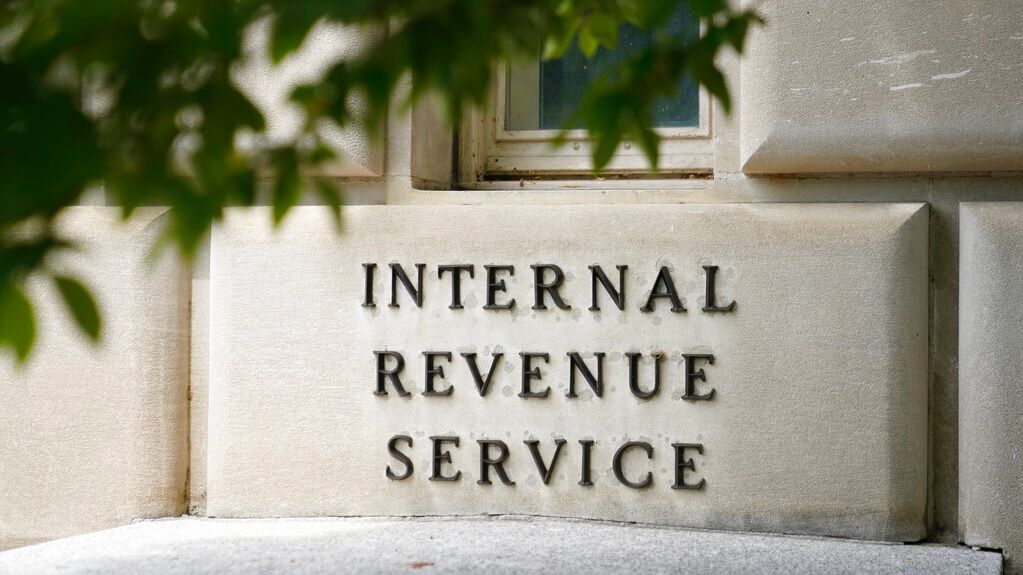Maybe you’ve received a text from the Internal Revenue Service threatening a criminal tax fraud charge. Perhaps you got an email saying you’re entitled to an unexpected refund if you click on an embedded link.
If so, you may be the victim of a scam.
“Scammers are relentless in their attempts to obtain sensitive financial and personal information, and impersonating the IRS remains a favorite tactic,” IRS Commissioner Danny Werfel said in a statement. “People can be anxious to get the latest information about their refund or other tax issues, so scammers frequently try using the IRS as a way to trick people.”
While IRS scams happen throughout the year, they are especially prevalent in the run up to Tax Day, according to the agency. To help consumers protect themselves, the IRS on Thursday released its dirty dozen list of scams taxpayers should be wary of. Most of them involve phishing and smishing.
Phishing is an email a fraudster sends claiming to be the IRS and offering a phony tax refund or threatening a false legal or criminal charge for tax fraud. Smishing is a scam conducted with a text or smartphone SMS message that uses alarming language to entice recipients to click on a link claiming their account has been put on hold or has experienced unusual activity or will be getting an unexpected refund.
Clicking on the links in such messages could surreptitiously load malware or allow hackers to load ransomware on their devices, the IRS said. Werfel urged people to be cautious about unsolicited messages and to avoid clicking on links in unexpected emails or texts.
Some phishing scams may appear to come from legitimate organizations that had their email account credentials stolen. If the message includes a phone number, the IRS recommends individuals verify the identity of the sender by using another communication method, such as calling a number they independently know to be accurate.
Individuals who receive suspicious phishing attempts via email should not click on the link. They should instead send the entire unsolicited communication to phishing@irs.gov. They should then delete the email.
Taxpayers who receive suspicious smishing attempts over text and SMS messaging should not reply or open any attachments since they may contain malicious code that can infect their devices. They should instead report the message to 7726 and send the contents of the message to phishing@irs.gov with a copy of the caller ID from the message. They should then delete the text.
The IRS said it will never initiate contact with a taxpayer by email, text or social media with regard to a bill or tax refund. It initiates most contacts through regular mail.










)